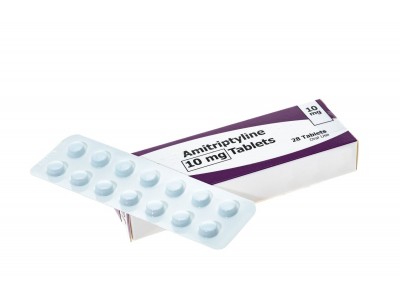Amitriptyline, a tricyclic antidepressant (TCA), is generally considered to have a low risk of directly causing kidney damage when taken at therapeutic doses of 25 mg per day. The primary concerns with amitriptyline are related to its effects on the cardiovascular system, anticholinergic effects, and potential for weight gain rather than direct kidney toxicity.
However, long-term use of amitriptyline, like any medication, requires careful monitoring for potential side effects and impacts on overall health. Chronic use of TCAs can sometimes lead to metabolic changes that may indirectly affect kidney function, such as alterations in electrolyte levels or metabolic syndrome, which can increase the risk of kidney disease over time.
To minimize potential risks, it's important for individuals taking amitriptyline long-term to undergo regular monitoring by healthcare providers. This includes periodic assessments of kidney function through blood tests to evaluate markers such as creatinine and blood urea nitrogen (BUN).
If you have concerns about the long-term use of amitriptyline or its potential effects on your kidneys, discussing these with your healthcare provider is essential. They can provide personalized guidance based on your medical history, current health status, and any specific risk factors you may have. Together, you can weigh the benefits of continued treatment against potential risks and explore alternative treatment options if necessary.

